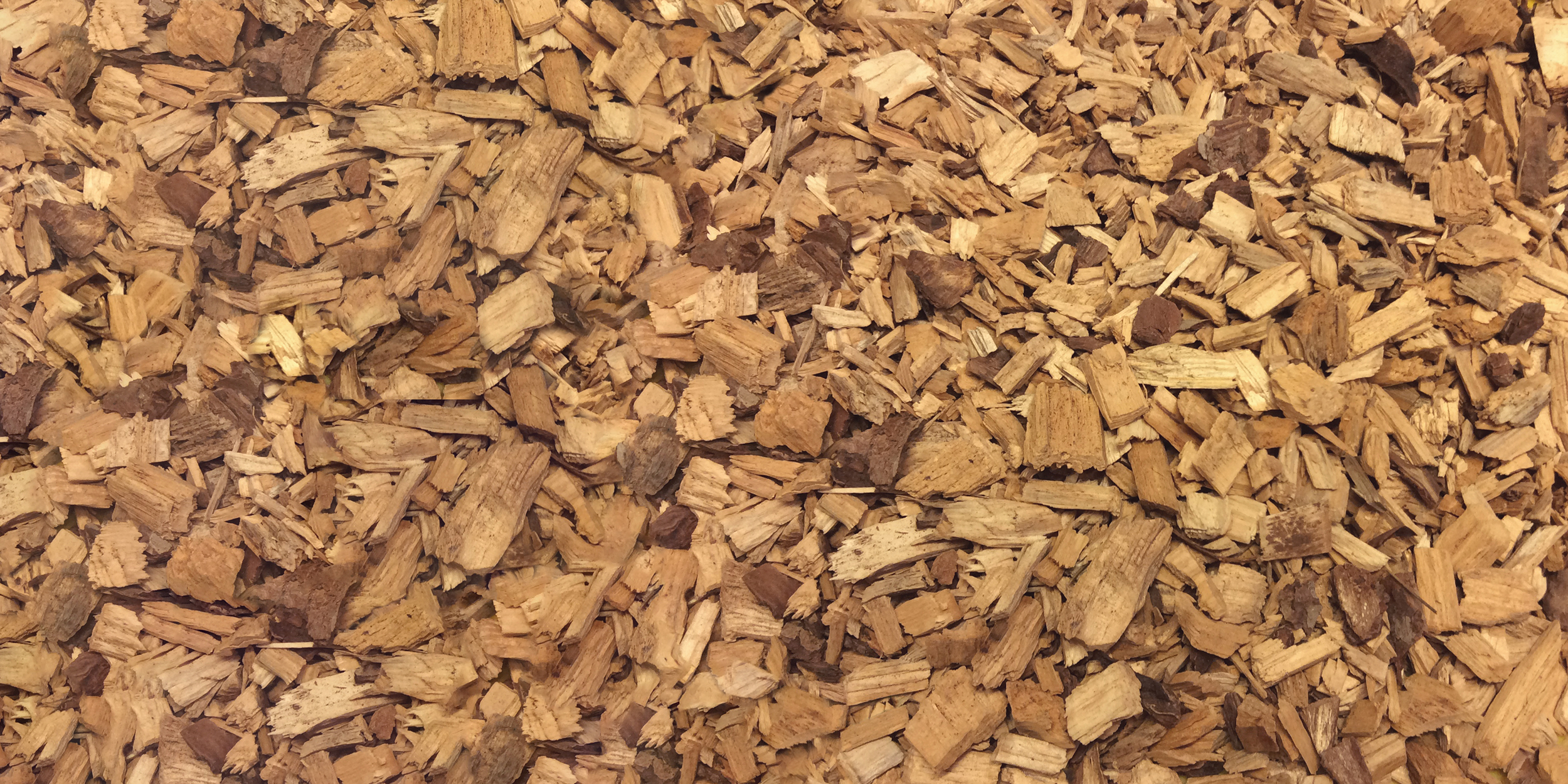RHI Biomass Fuel Guidance
7 November 2022
UK Statutory Instrument – 2022 No. 159
Please be aware that it is the intention of the Government to introduce a suspension of fuel quality for pellets for a period of 1 year in respect of fuel quality requirements for wood pellets for use in biomass boilers and plant where the owner receives Renewable Heat Incentive payments via OFGEM.
In February 2022 Government introduced amended regulation requiring that any wood fuel with a Biomass Suppliers List (BSL) number must also meet the relevant quality standards as described in Regulation 4.
Following an appropriate consultation process, made necessary by a global shortage of quality pellet supplies because of conflict between Russia and Ukraine, the UK Government published its response which concluded:
This temporary suspension will be enacted through secondary legislation and will apply to both the non-domestic and domestic RHI schemes. We will work with the Biomass Suppliers List (BSL) administrator to ensure that these pellets can be temporarily accepted on the List subject to compliance with other requirements. We will work with Ofgem to ensure that their compliance regime is adjusted to reflect the changes. We will work with Ofgem to update guidance for participants to be aware of the requirements stated in their emissions certificate when sourcing fuel.
Additionally, we are considering bringing forward secondary legislation to give the Secretary of State the power to temporarily suspend the requirement for domestic and non-domestic RHI participants to use ENplus certified pellets. This power could be used in situations of a shortage of wood pellets in the domestic market, with agreement across government. Our commitments to improve fuel efficiency and air quality remain; therefore, ahead of using such power, we will engage with the biomass industry and consider potential impacts on air quality and fuel efficiency.
How does this affect pellet suppliers?
It is the intention of the Government to introduce a suspension of fuel quality for pellets for a period of 1 year. Once layed into law, fuel suppliers will be able to register wood pellets on the BSL that meet the sustainability criteria but are exempt from the fuel quality requirements. Suppliers are encouraged to ensure that fuel quality remains an important consideration and they provide all relevant information to their customers to enable them to make an informed choice with regards what pellets their boiler can operate on and whether they may or may not have any issues.
How does this affect RHI participants?
Fuel quality remains an important consideration for purchasers of pellet fuels for biomass boilers and plant.
Boiler operation and efficiency
Many smaller boilers in particular, rely heavily on the continued use of a specific grade or type of pellets specified by the boiler manufacturer and/or for effective and efficient operation. There may be manufacturers warrantee conditions for boilers under guarantee, where use of a specific fuel type is specified.
Boiler emissions certificate
As part of the RHI and NDRI approval process a specific fuel may have been specified on the boiler emissions certificate to control smoke emissions. Use of other grades of fuel may adversely affect the operation of the appliance and may mean that the emissions requirements in the Regulations are not met. See OFGEM Guidance as they are the Administrators of the financial incentive aspect of RHI.
Larger boilers
It is important to consider any fuel quality issues and warrantee provisions etc. Although many larger appliances and plant may tolerate a wider range of pellet grades, it is important to get appropriate specialist advice to be sure that your specific appliance can tolerate any intended grade of fuel.
BSL Search
Changes are being implemented to the BSL website to remove reference to fuel quality when searching for wood pellets. Following the suspension period, these references will be added back on to the website.
It is hoped that operators choose appropriate fuels for their circumstances in the hope that if there are winter shortages there are appropriate quality pellets available in the market for those whose boilers need them.



